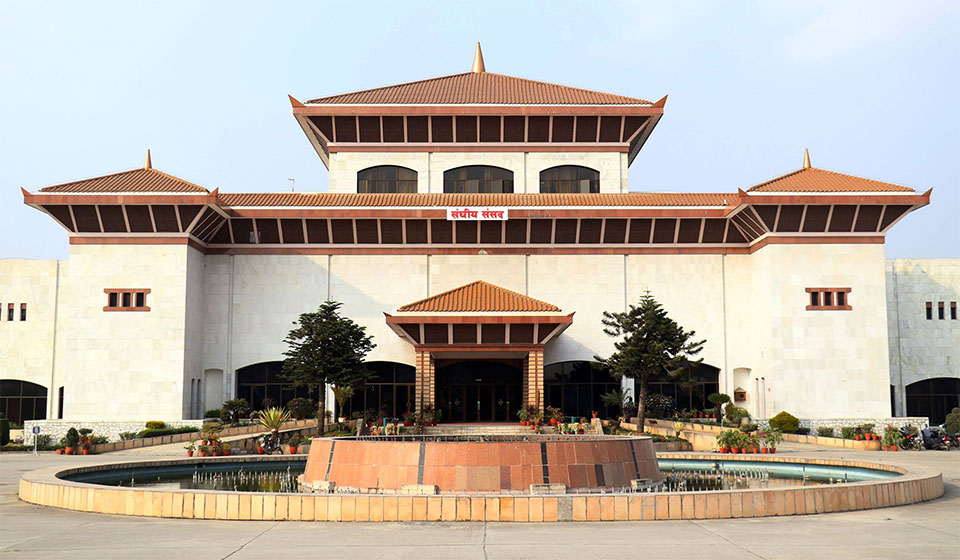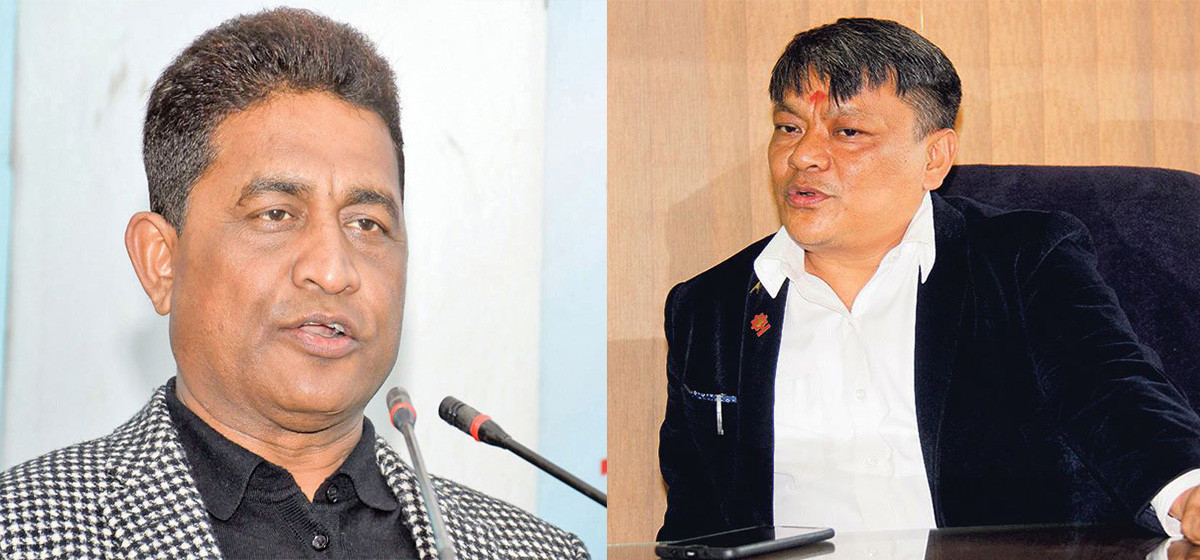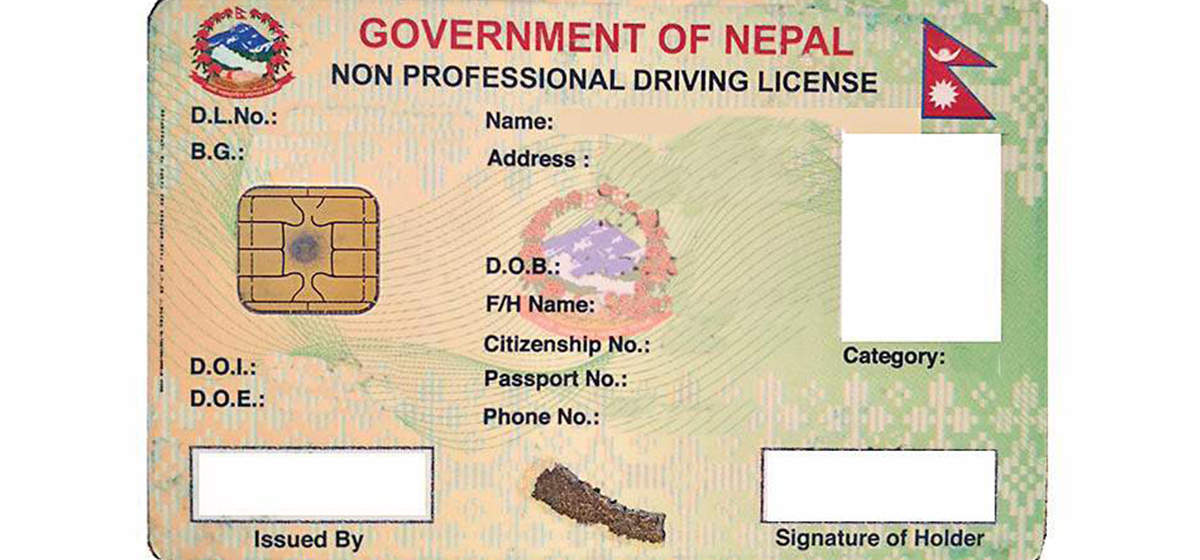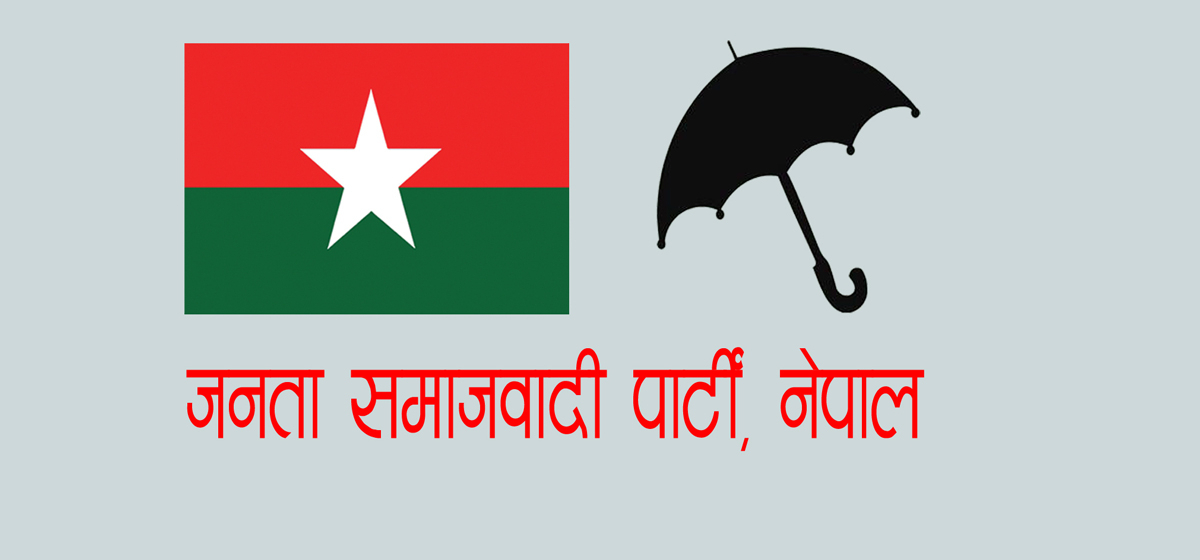
OR
HoR endorses Administrative Court Bill
Published On: August 14, 2019 06:30 AM NPT By: Republica | @RepublicaNepal

KATHMANDU, Aug 14: Paving the way for conducting hearings on cases related to the transfer, promotion and dismissal of civil servants by the federal and provincial bodies, the House of Representatives endorsed the Administrative Court Bill on Tuesday.
The expanded structure of the Administrative Court under the federal structure will come into force after the bill is endorsed by the National Assembly as well. The Administrative Court is expected to reduce the load of cases related to the transfer, promotion and dismissal of civil servants including the employees of the state-owned enterprises in the regular courts.
Administrative courts shall be established in the provinces as well if over 200 cases were registered at the administrative bench of the respective province, reads the revised provision. The government had registered the bill at the upper house in June 2018 in a bid to restructure the existing Administrative Court in line with the federal setup.
Although the upper house had proposed dissolving the existing administrative court in Kathmandu and assigning all responsibility of hearings the cases of civil servants to the seven high courts, the lower house later overturned the proposal.
The lower house endorsed the revision made by its Law, Justice and Human Rights Committee to continue the Administrative Court in Kathmandu and establishing its provincial branches depending on the flow of cases at the administrative bench under the high court in the respective provinces.
“We have revised the bill through consensus so far and we are still open to any revision if needed including the provision of appeal at the Supreme Court,” said Minister for Law Justice and Parliamentary Affairs Bhanu Bhakta Dhakal while responding to the lawmakers' concerns in the House.
The upper house should take a decision on the bill within 60 days after the endorsement from the lower house. But if the National Assembly expresses objection to the revision by the lower house on the bill, parliament will convene a joint meeting of both houses to take a decision on the bill. With the endorsement of the bill, the term of the existing office-bearers and chairperson of the court will come to an end.
You May Like This

Govt will not introduce any bill sans stakeholders' consent: Minister Pun
KATHMANDU, July 27: Minister for Energy, Water Resources and Irrigation Barsha Man Pun has reiterated that the government will not... Read More...

Finance Minister Khatiwada claims effectiveness in revenue system
KATHMANDU, May 22: A session of the House of Representatives today endorsed a proposal tabled seeking the consideration over the... Read More...

NC opposes bill that allows PM to mobilize army at his discretion
KATHMANDU, May 16: The main opposition Nepali Congress has strongly opposed the bill tabled by the government at the parliament which... Read More...







Just In
- West Indies 'A' sets Nepal a target of 205 runs
- Parliamentary committee directs govt to provide electricity tariff subsidies to cold storage facilities
- Former DoTM employee Bhatta arrested in connection with illegal license issuance case
- One killed in a fire incident in Dadeldhura
- JSP Central Executive Committee meeting being held today to discuss national convention representative election guidelines
- KMC adjust office hours, services now start at 9AM
- Five-match T20 series: first match between West Indies 'A' and Nepal starts today
- Govt yet to pay Rs 60 billion to contractors











Leave A Comment